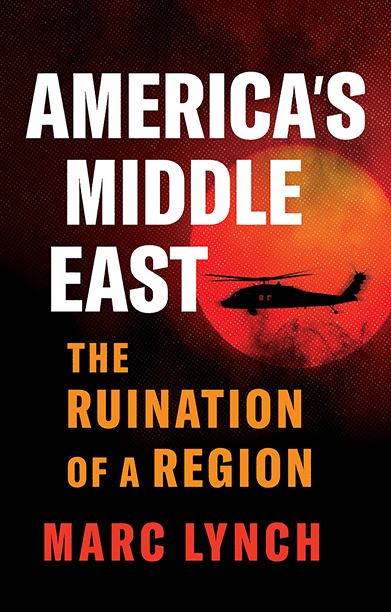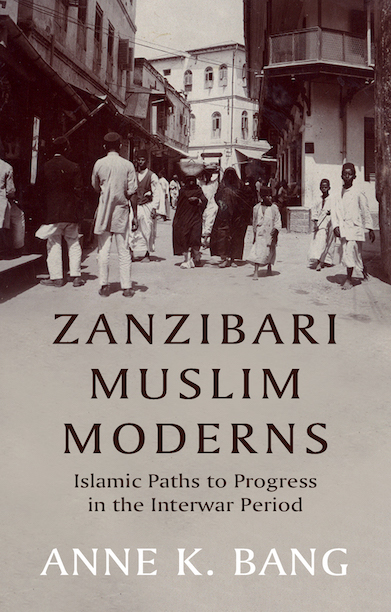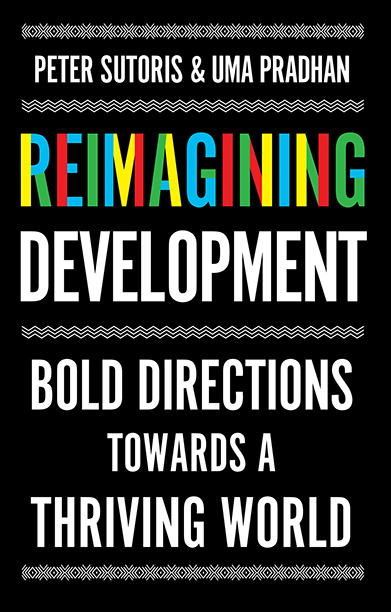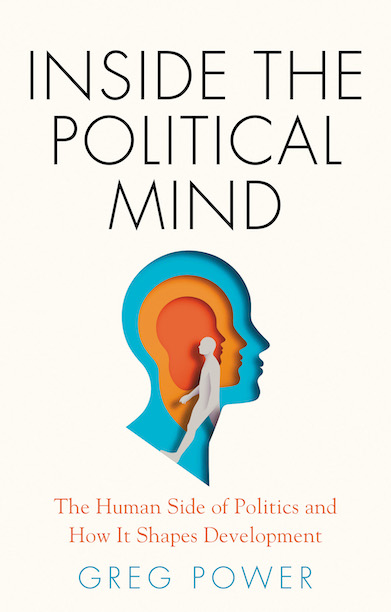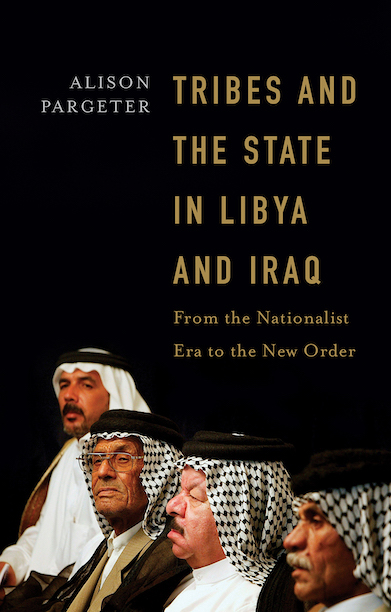Civil War is Not a Stupid Thing
Accounting for Violence in Developing Countries
Takes a broad comparative approach, from recent wars, insurgencies and violence in Angola, Brazil, and Iraq to the American Civil War, showing how wars have been paid for throughout history
Description
Why is there so much violence in the developing countries? What does it have to do with economic development? What does it have to do with globalisation? In addressing these and other questions, Christopher Cramer takes a broad comparative approach, from recent wars, insurgencies and violence in Angola, Brazil, and Iraq to the American Civil War, showing how wars have been paid for throughout history. He also compares post-conflict reconstruction efforts in Mozambique and Iraq with how nineteenth-century America and twentieth-century Europe rebuilt their shattered societies and economies. Civil War is Not a Stupid Thing takes issue with two common perspectives on violence and war. The first is the liberal interpretation, according to which war is exclusively negative in its effects and peace is easily achieved through democratisation and free trade. In this view, modern liberal market democracies have outgrown violence, and only resort to it in self-defence. The second is a romantic, utopian view of violence. Transposed into political rhetoric, these two views are often directly opposed, as they are nowadays in Iraq and in the ‘War on Terror’. Cramer’s book forges an alternative way of understanding the role of violence in the transition to capitalism and a global economy.
Table of contents
CONTENTS
Acknowledgements page xi
Introduction: A Whiff of Angola 1
World at war 1
On war 3
Arguments and organisation 7
1. Violence, Memory and Progress 15
The Angola Gun 15
Now and then…and then again 21
Embarrassing violence 23
The beast in me 27
The past is a foreign country—they do things violently there 36
‘Angola Blues’: history in a violent perspective 40
2. Categories, Trends and Evidence of Violent Conflict 49
The end of history or a deadly peace? 51
When is a war not a war? 57
– The casualty threshold 59
– The battle death criterion 60
What exactly is a civil war? 61
– Extra-systemic wars or civil wars? 62
– Confusion and clarity in statistical coding rules 63
– The boundary between intra- and inter-state wars 66
– The boundary between civil war and ‘communal violence’ 70
– The heterogeneity of civil wars 74
– Violence and the level of development 74
New wars? 76
Proxy war or civil war 80
Evidence of violence 81
Conclusions: war is the continuation of violence by other means 84
3. Deviant Conditions 87
The why of war 87
– War in Iraq 87
– Explaining terror 90
Root and branch—family trees in theories of conflict 91
Categories of explanation 95
– Affective versus rational explanations 95
– Ideas, behaviour and relations explanations 97
Culture clash 99
– Ethnicity or religion 99
– Measuring ethnic diversity 104
Inequality 108
Resource scarcity 114
Resource abundance 118
Homo economicus goes to war 124
– The theory 125
– Greed versus grievance? 129
– Collective action 131
– Either/or? 134
4. Angola and the Theory of War 139
Beginnings and ends 139
Was Angola’s conflict a ‘new war’? 144
Is war in Angola caused by commodities? 149
– Coffee and cotton 152
– Diamonds 152
– Oil 157
Is Angola’s conflict caused by ethnicity or inequality? 161
Coordination, mobilisation and competition: collective
action in Angola 163
5. How to Pay for a War 170
Nostalgia for wars past 170
Commodities, rent and the financing of violence 172
– Commodities 172
– Rent 174
– Means and ends 176
– Rent and development 177
War finance and state formation in Europe 179
The American Civil War 183
Keynes’s How to Pay for the War 186
Paying for war in late developing countries 188
– Constraints 188
– Inflation 189
Author(s)
Christopher Cramer is Senior Lecturer in Development Studies at the School of Oriental and African Studies (SOAS), having previously taught at Cambridge and in Mozambique. His influential article on which this book is based, 'Homo Economicus Goes to War', was published in World Development.

